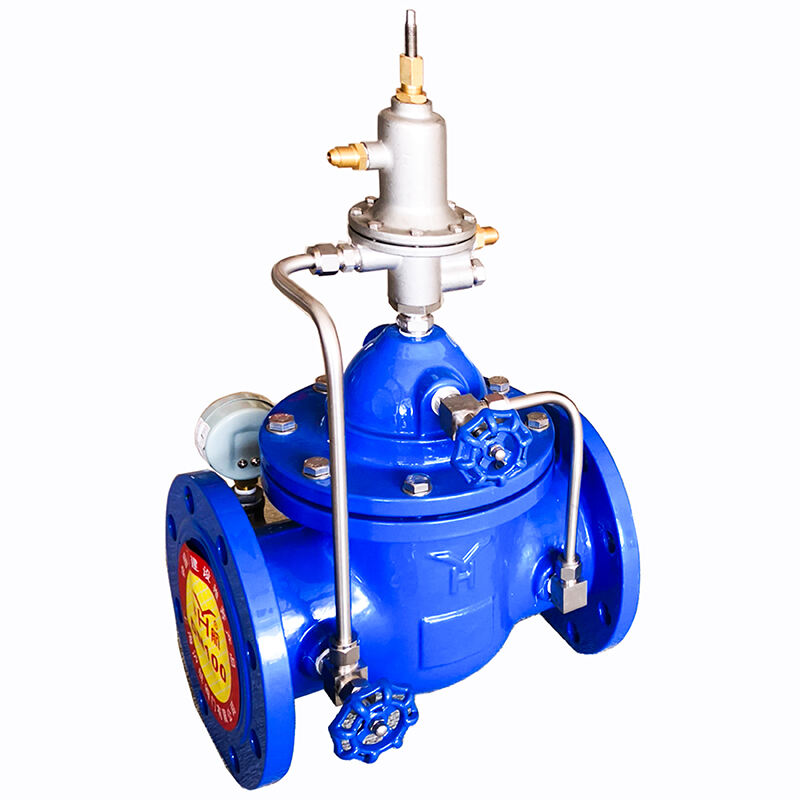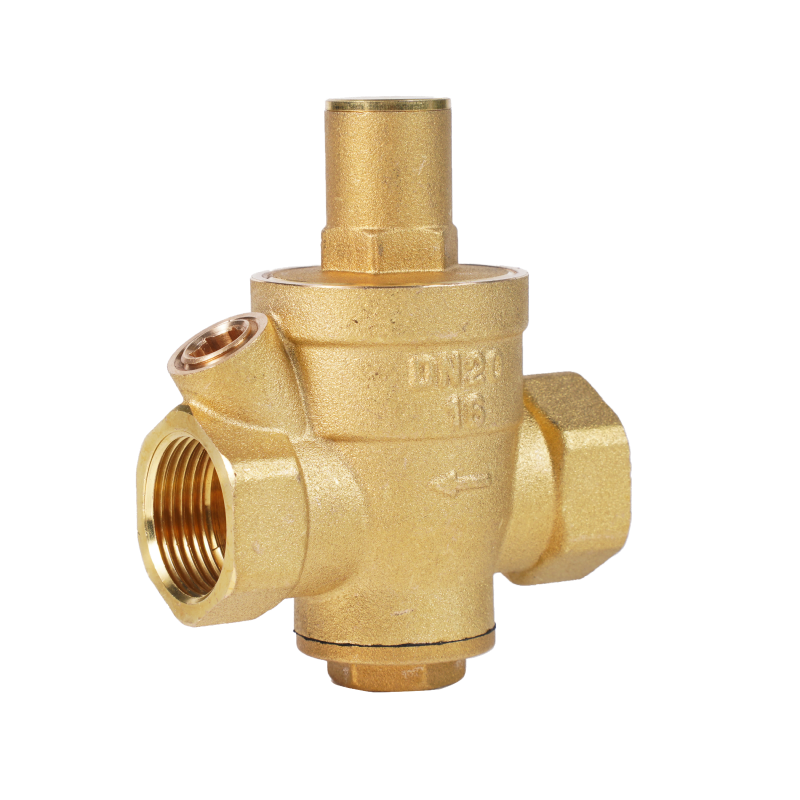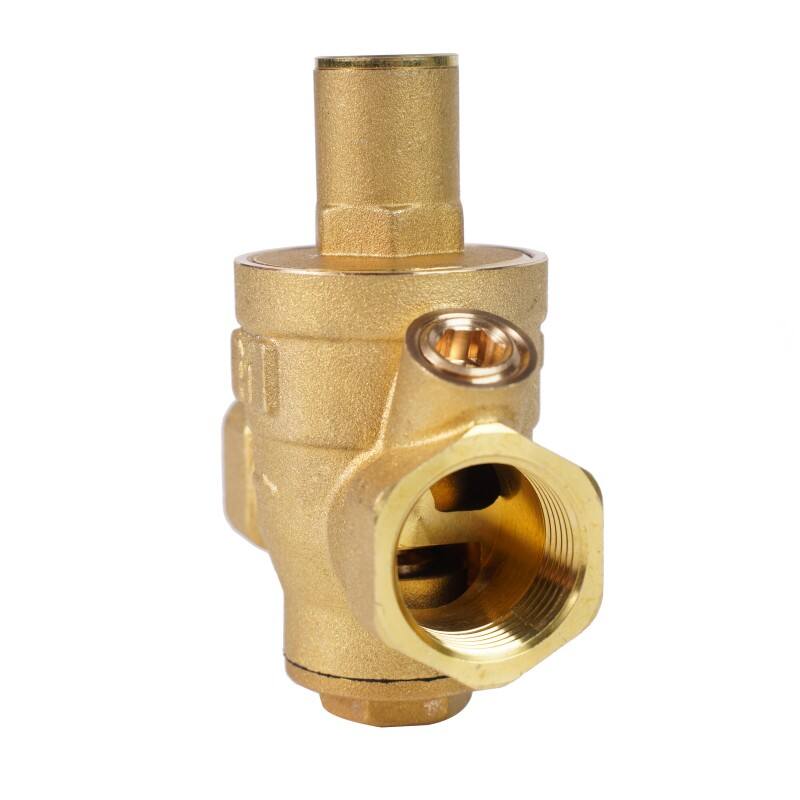pressure reducing valve for irrigation system
A pressure reducing valve for irrigation systems is an essential component that maintains consistent water pressure throughout the irrigation network. This specialized valve automatically reduces higher inlet pressure to a lower, more manageable outlet pressure, ensuring optimal water distribution and system protection. The valve operates through a sophisticated spring-loaded diaphragm mechanism that responds to pressure changes in real-time, maintaining the desired downstream pressure regardless of upstream fluctuations. These valves are engineered with durability in mind, typically constructed from high-grade materials such as brass, bronze, or stainless steel, capable of withstanding continuous exposure to water and varying environmental conditions. The technology incorporates precision adjustment capabilities, allowing users to set specific pressure levels based on their irrigation requirements. Modern pressure reducing valves often feature built-in pressure gauges for easy monitoring and adjustment, while some advanced models include electronic controls for automated pressure management. These valves are particularly valuable in large-scale irrigation systems where pressure variations can significantly impact water distribution efficiency and system longevity. They play a crucial role in preventing water hammer effects, protecting sensitive irrigation components, and ensuring uniform water distribution across sprinklers and drippers.


